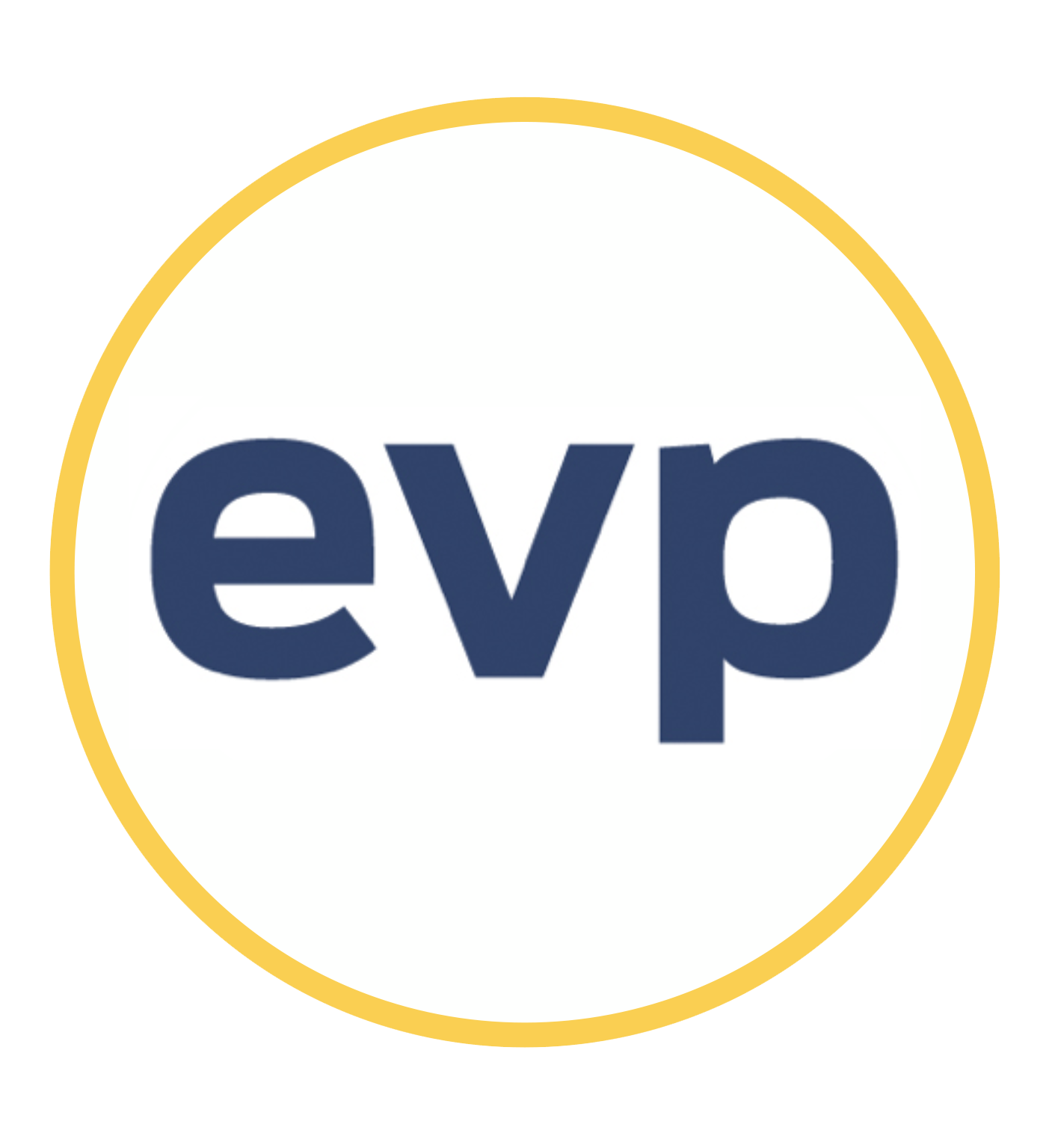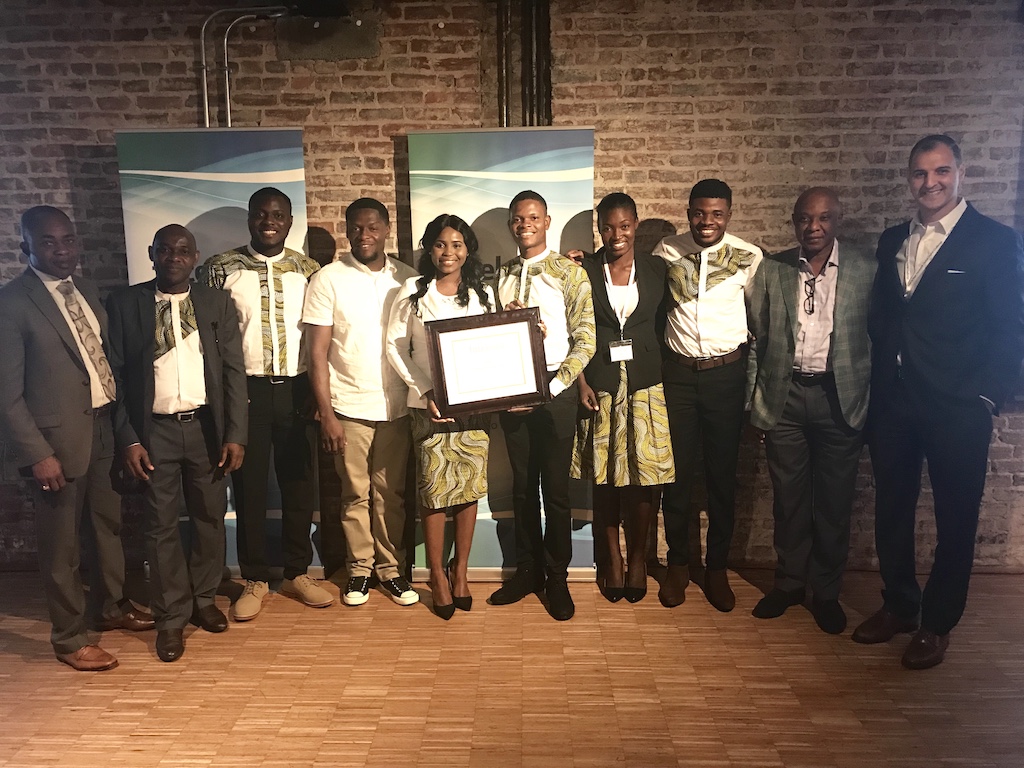Press Release
For Immediate Release
Bonding Beyond Borders from Belgium takes top honors at spring 2018 Facebook Global Digital Challenge
Winners pushed back against hate by creating interactive, educational board game
July 17, 2018
WASHINGTON — Today in Washington, D.C., at the National Union Building, Bonding Beyond Borders from KU Leuven in Leuven, Belgium, was named the winner of the spring 2018 Peer to Peer (P2P): Facebook Global Digital Challenge.
Facebook joined the EdVenture Partners’ managed program, which empowers young people to push back against online hate and extremism, in spring 2015, and P2P has since become Facebook’s partner counterspeech effort with the widest global reach.
Student teams participating in P2P must design, pilot, implement and measure the success of a social or digital initiative, product or tool that:
Motivates or empowers students to become involved in countering hateful and extremist narratives.
Catalyzes other students to create their own initiatives, products or tools to counter hateful and extremist narratives.
Builds a community of interest / network focused on living shared values that counter hate and extremist narratives through action.
Speaking at today’s event representing Facebook was their Counterterrorism Policy Manager, Brian Fishman.
“At Facebook we do a tremendous amount of work to try to keep our platform safe and to try to keep the people that use our platform safe,” said Fishman. “When it comes to issues of hate and extremism, sometimes the stuff that gets the most attention is ‘where do we find bad things’ and ‘how do we take those things down.’ But when I think about hate and extremism … the way you resolve these problems is by getting back to what we at Facebook think of as our core mission, which is helping people build community, building civil society, building relationships, and ultimately doing the kind of work that is reflected in the students’ projects here today.”
To the participating students, faculty, and EVP staff, Fishman shared: “At Facebook, we are incredibly proud of the work that you have all done … and we are grateful for the opportunity to support you.”
Selected from 50 teams who participated this term, implementing real solutions in each of their communities over a two to three-month period, Kiz Basina (Just a Girl) from Middle East Technical University in Ankara, Turkey, took second place, and Key to the City from University of Lagos in Lagos, Nigeria, took the third place finish.
Today’s events featured final presentations from these top three teams, which included highlights from each of their campaigns, what they learned about how to best push back on hateful and extremist rhetoric, and concluded with each team’s recommendations about how to further grow their campaigns. A question-and-answer series followed each team’s presentation to the judging panel, which was comprised of senior level officials, experts and practitioners, who deliberated and announced the winners on-site at the culmination of the program.
Members of today’s judging panel included:
Leanne Erdberg, Director of Countering Violent Extremism, U.S. Institute of Peace
Brian Fishman, Counterterrorism Policy Manager, Facebook
Dave Fortier, Founder and President, One World Strong Foundation
George Selim, Senior Vice President for Programs, Anti-Defamation League
Johnny Young, Former United States Ambassador in West Africa, the Middle East and Central Europe, and Board Member, Council on International Educational Exchange (CIEE)
First through third place winners were presented with certificates and $10,000, $7,000 and $5,000 awards.
Project Anmoy, an independent student team from Bangladesh, and PeaceKwela from Xavier University - Ateneo de Cagayan, Philippines, were also recognized at today’s final presentations as honorable mention teams who will receive an additional $500 in Facebook ad credits to continue their work.
Students reached over 29 million people with their various tactics during the competition period, with the winning ideas ranging from creating original board games to educate about people with diverse backgrounds, to empowerment with women’s issues, to hosting benefit concerts to help bolster awareness of and equality amongst residents of slum communities.
Bonding Beyond Borders (Belgium)
The winning team, Bonding Beyond Borders, hails from KU Leuven in Leuven, Belgium, and their initiative to counter intolerance and discrimination is based on the idea: “The better we know each other, the more we accept each other.” Students created an innovative, interactive, educational board game, supported by digital content online, which highlights the diverse people of Belgium to stimulate understanding of others’ daily lives and situations. The team developed a prototype of the game that garnered positive feedback and interest among educators and young students during their initial testing and validation.
Bonding Beyond Borders challenges: “Get to know your unknowns!” and content on the team’s original website further tells these personal and educational narratives.
Kiz Basina (Turkey)
The second place team represents Middle East Technical University from Ankara, Turkey. Kiz Basina (Just a Girl) seeks to spread awareness and inform the public on various key social issues that center around women, empowering women to become activists in support of each other and the issues that matter most to them.
According to the team, “Deep-seated, restrictive views of women’s roles, and the notoriously inconsistent implementation of existing laws often fail to protect Turkey’s more than 37 million women and girls.” As such, Kiz Basina focuses on a wide range of related issues, from online oppression of women, to domestic and rape violence, to child abuse prevention education for mothers and teachers. More educational resources can be found directly on their original website.
Key to the City (Nigeria)
Key to the City Lagos, the third place finisher, is from the University of Lagos, in Lagos, Nigeria. This powerful initiative is focused on countering the prejudice and negative speech toward slum communities in Lagos, where an estimated 66% of the population lives — around 11 million inhabitants, spread over one hundred slum communities.
Key to the City seeks to change society's negative perceptions of and narratives toward slum communities by fostering inclusion and positive interaction through a variety of tactics, such as person-to-person community outreach events, seminars, benefit concerts and flash mob dances. The campaign also utilizes the power of social media and the internet, including a presence via their original website.
Today’s event culminates the seventh semester of P2P, and these finalist teams join a long line of over 650 counterspeech programs that have taken place on close to 400 different universities, implemented by over 10,000 students in 75 countries and 40 states to date. The program and its related student work have reached over 230 million people and earned over 600 combined pieces of local, regional, national and international press.
For more information on EdVenture Partners’ P2P programs, read more here. Learn more about Facebook’s counterspeech efforts here.
###



